ECCD Awakens and rescues dreams of dozens of children in Cuco, Mozambique
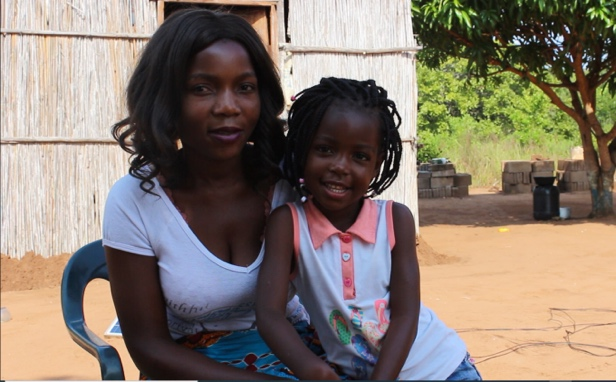
During the weekdays, Dalfa indulges in a 30 minutes daily walking trip to a world of dreams awakened and motivated by the Cuco Community School, established under the Early Childhood Care and Development (ECCD), an approach that has been implemented for five years by Save the Children in the provinces of Gaza, Tete and Nampula. This project is known in the Government context as the Project for Integral Development of Preschool for Children (DICIPE).
In her daily journey of about 30 minutes, watched only by nature, without any intimidation, Dalfa walks towards the school where, with her colleagues, she learns and socializes. “She already knows how to write her own name. She does not like to miss and has never been afraid to go there, even if she has to walk alone. When she crosses with the cattle, she picks up a stick to scare them away. By the length of time she has been going to school, I can tell that it's very worthwhile. By the time she will be enrolled into a primary school, I know she will do very well, because she already familiar to literacy and maths”, says Sandra Pascoal, mother of the little Dalfa.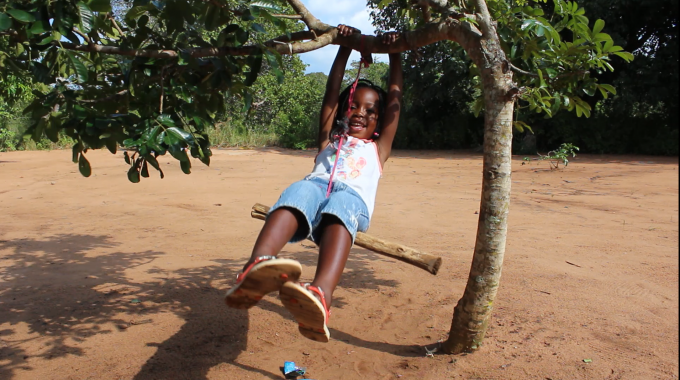
Always keen to her mother, Dalfa plays just like any other child of her age, with the only difference being that she has her spare time influenced by the practices of the school. As a proof of this, she managed to improvise a swing, hanging ropes from one of the trees in her house. “I also like to make sand cakes, just like we do at school,” says the girl, and then her mother adds, “she also likes to sing and teach her friends the music of the school.” Sandra's dream is that Dalfa grow up in a scholar environment that will enable her to choose a profession according to her wishes.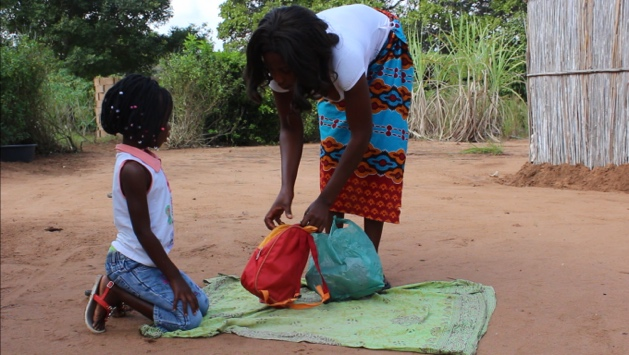
ECCD is an approach that encompasses all the care a child needs to survive and thrive, as well as the support for the family and for the community to promote a healthy development and growth of children.
The initiative has the particularity of involving parents through parenting sessions, in which communities, especially parents and caregivers, are informed about the importance of having children in the school and the role they play in stimulating their children at home.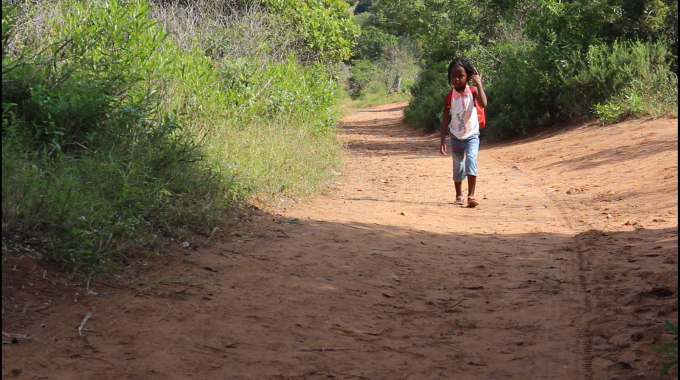
DICIPE came-up as a pilot project in response to the call made by the Government of Mozambique to the World Bank to support the Ministry of Education and Human Development (MINEDH) in the implementation of a community-based approach, as a recognition of the importance pre-school education in ensuring quality and efficiency of the education system in general.
For the implementation of this project, the government opted in hiring three service providers. This decision was influenced by the fact that, according to the implementation manual of this project, in recent decades the presence of MINEDH in the pre-school education was almost null. In contrast, the same handbook mentioned the existence, within Civil Society Organizations, of cases that have successfully demonstrated the effectiveness of the community-based early childhood education model in multiple interventions in the country.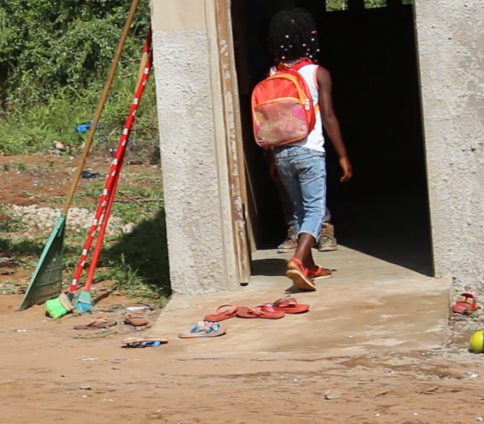
In fact, this was the factor that favoured Save the Children International in Mozambique which, in addition to being selected as one of the providers, won the largest number of provinces. With funding from the World Bank and the MINEDH, and support from Save the Children UK, Save the Children International in Mozambique implemented this project in Gaza, Tete and Nampula provinces.
The three winners (Save the Children, Aga khan Foundation and ADPP) have been implementing the DICIPE pilot project since 2014. After this first phase, comprising of 70 schools per province, as provided for in the contract, the transitional phase of shifting responsibilities and implementation of the project from the current providers to MINEDH, began early this year. A multi-sectoral group and their communities, has already been established for the handover process to be accomplished this year.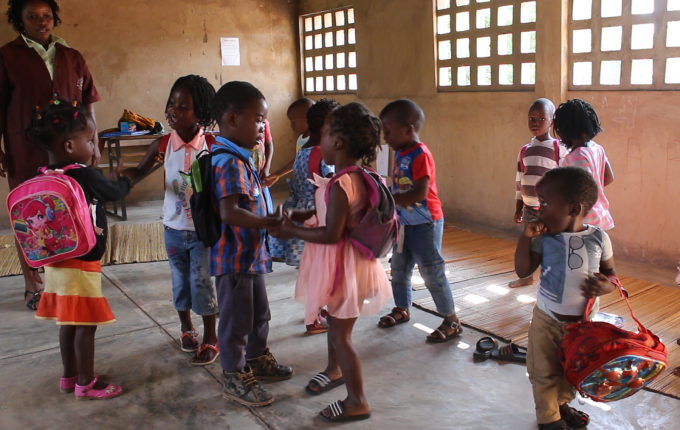
In these five years, the ECCD project has covered approximately 73,000 children in the three provinces and about 25,000 parents attending parental education meetings. 280 facilitators were mobilized per province. Each school has two activity rooms where children play, learn and socialize.
 Mozambique
Mozambique